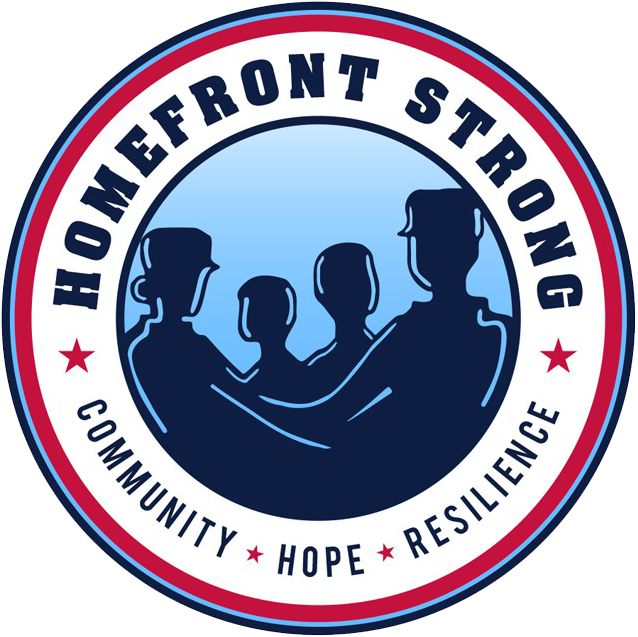By Jennifer Baublitz
What is it? Whether it’s a memory of marching to the Battle Hymn of the Republic, standing at attention during the National Anthem, welling up with pride and sorrow to the sound of Taps at your grandfather’s funeral, driving with the windows down to Tom Petty and the Heartbreaker’s Free Falling, or rocking out to Journey’s Don’t Stop Believing, odds are you could easily curate a soundtrack to your life. We rage, cry, rejoice and fall in love to music. We use music to pump us up when it is time to enter battle (or pass the PT test). We play our favorite songs to comfort us in times of loss or celebrate moments of triumph. Music is present at all of our major moments – weddings, graduations, celebrations, funerals – an indelible facet of our human story.
What it does: Music sets the mood for us while enhancing the depth of emotion we feel. We connect with lyrics in our favorite songs, reinforcing the idea that we belong to a universal human experience while getting lost in the melody. It can also serve as a safe refuge when we need an escape or a means of communication with ourselves and others when working through difficult emotions and learning to cope. Ultimately, music can be healing, inspiring, uplifting – whatever we need it to be – providing us with the motivation to carry on.[i]
What you can do:
-
Turn off the Podcasts, turn off the TV and make a playlist to listen to as you go about your daily routine. Search for songs of days past that remind you of uplifting times and make different lists to set the tone for varying activities – i.e. movement (cleaning, exercising, dancing) vs. relaxing (cooking, meditating, taking a bath).
-
Sing – loudly! It doesn’t matter if you’re any good – singing has been scientifically linked to improving mood, so go for a drive, turn up the radio and belt out a tune!
-
Learn an instrument! If you happen to be at home with some time on your hands pick up a guitar or fire up a keyboard. There are programs available to help veterans access instruments for music therapy such as Guitars for Vets which you can check out here: https://guitars4vets.org/ or Music for Veterans (Located in Pennsylvania) which you can check out here: https://www.music4veterans.org/home.html.
[i] Since 2006, two UCF professors — neuroscientist Kiminobu Sugaya and violinist Ayako Yonetani — have been exploring and teaching about how music impacts brain function and human behavior. It has been shown to reduce stress, pain and symptoms of depression as well as improve cognitive and motor skills, spatial-temporal learning and neurogenesis ( the brain’s ability to produce neurons.) https://www.ucf.edu/pegasus/your-brain-on-music/
Studies using MRI and positron emission tomography (PET) scans suggest that nerve networks in different parts of the brain bear primary responsibility for decoding and interpreting various properties of music. For example, a small area in the right temporal lobe is essential to perceive pitch, which forms the basis of melody (patterns of pitch over time), chords (several pitches that sound at the same time), and harmony (two or more melodies at the same time). Another nearby center is responsible for decoding timbre, the quality that allows the brain to distinguish between different instruments that are playing the same note. A different part of the brain, the cerebellum, processes rhythm, and the frontal lobes interpret the emotional content of music. And music that’s powerful enough to be “spine-tingling” can light up the brain’s “reward center,” much like pleasurable stimuli ranging from alcohol to chocolate. https://www.health.harvard.edu/staying-healthy/music-and-health
Help make a difference for SMVF in Western MA by contributing to our New Year Fundraiser today!
